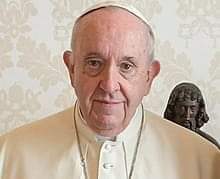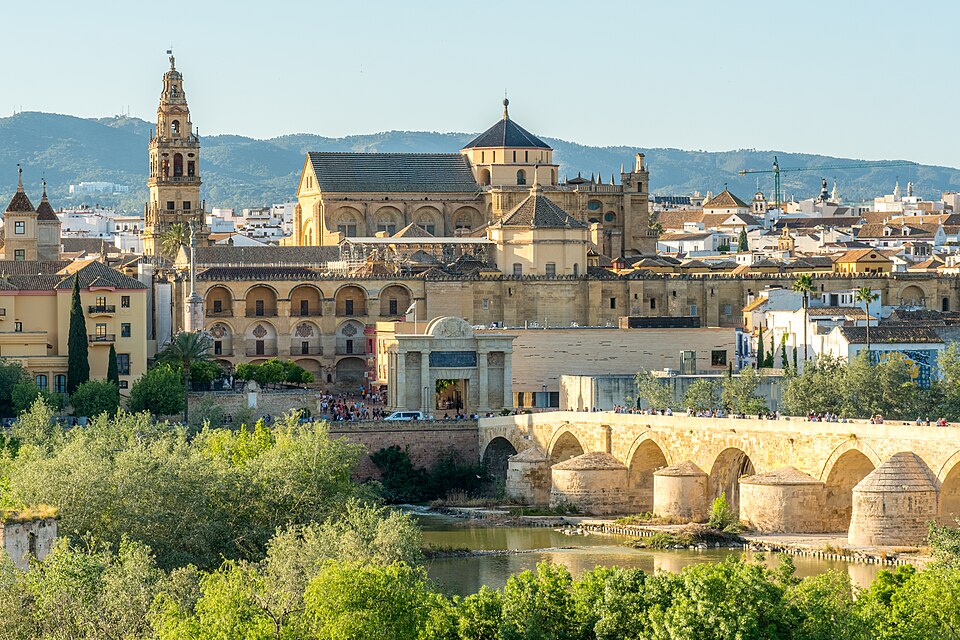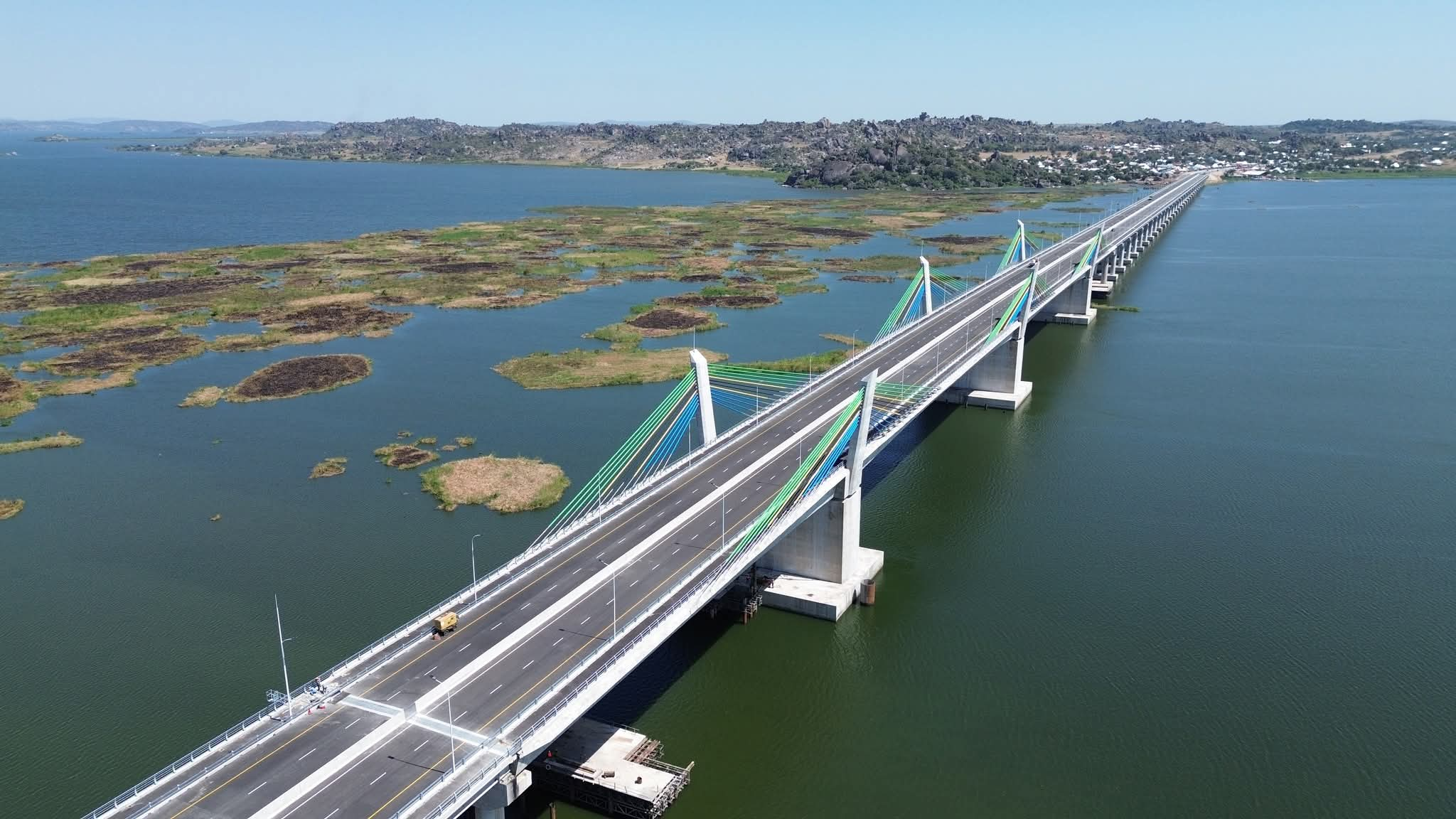PAPACY: The Catholic Pope and Other Facts

Did you know that the current Catholic Pope Francis elected in March 2013 is the 266th pope in the history of the Catholic Church, and that a significant number of these popes have been recognized as saints?
The term pope is Latin word for 'papa' or literally means 'father'. The term Pope is used in several churches to denote their high spiritual leaders (for example Coptic pope). This title in English usage usually refers to the head of the Catholic Church. The Catholic pope uses various titles by tradition, including Summus Pontifex, Pontifex Maximus, and Servus servorum Dei. Each title has been added by unique historical events and unlike other papal prerogatives, is not incapable of modification.
Here are some facts you should know about the Catholic pope:
▪️ The papacy is the office and jurisdiction of the bishop of Rome, the pope who presides over the central government of the Roman Catholic Church, the largest of the three major branches of Christianity. The papacy is one of the most enduring institutions in the world and has had a prominent part in world history.
▪️ According to Catholic tradition, the apostolic see of Rome was founded by Saint Peter and Saint Paul in the first century. During the course of the 2,000 years in which the papal system and the practice of electing popes in the conclave have evolved, the papacy has played a crucial role in both Western and world history.
▪️ The jurisdiction of the episcopal see is called the Holy See. It is the Holy See that is the sovereign entity by international law headquartered in the distinctively independent Vatican City State, a city-state which forms a geographical enclave within the connurbation of Rome, established by the Lateran Treaty in 1929 between Italy and the Holy See to ensure its temporal and spiritual independence.
▪️ The term pope was originally applied to all the bishops in the West and also used to describe the patriarch of Alexandria, who still retains the title. In 1073, however, Pope Gregory VII restricted its use to the bishop of Rome, confirming a practice that had existed since the 9th century.
▪️ According to the Annuario Pontificio, the papal annual, there have been more than 260 popes since St. Peter, traditionally considered the first pope. Among these, 82 have been proclaimed saints, as have some antipopes (rival claimants to the papal throne who were appointed or elected in opposition to the legitimate pope).
▪️ Most holders of the office have been Roman or Italian, with a sprinkling of other Europeans, including one Pole, and one Latin American pope. All have been male, though the legend of a female Pope Joan appeared in the 13th century.
▪️ The history of the papacy can be divided into five major periods: the early papacy, from St. Peter through Pelagius II (until 590); the medieval papacy, from St. Gregory I through Boniface VIII (590–1303); the Renaissance and Reformation papacy, from Benedict XI through Pius IV (1303–1565); the early modern papacy, from St. Pius V through Clement XIV (1566–1774); and the modern papacy, from Pius VI (1775–99).
▪️ The pope is considered one of the world's most powerful people due to the extensive diplomatic, cultural, and spiritual influence of his position on both 1.3 billion Catholics and those outside the Catholic faith, and because he heads the world's largest non-government provider of education and health care, with a vast network of charities.
▪️ In ancient times, the popes helped spread Christianity and intervened to find resolutions in various doctrinal disputes. In the Middle Ages, they played a role of secular importance in Western Europe, often acting as arbitrators between Christian monarchs. In addition to the expansion of Christian faith and doctrine, modern popes are involved in ecumenism and interfaith dialogue, charitable work, and the defense of human rights.
▪️ Over time, the papacy accrued broad secular and political influence, ultimately rivaling those of territorial rulers. In recent centuries, the temporal authority of the papacy has declined and the office is now largely focused on religious matters.
Source: Wikipedia
#penglobalfactfile


_1755775186.jpg)
